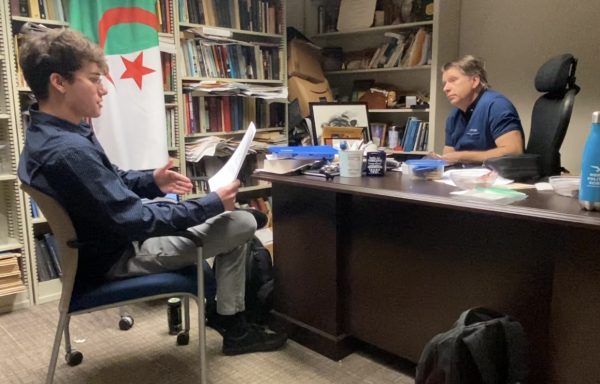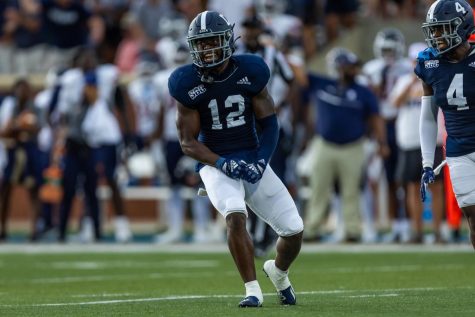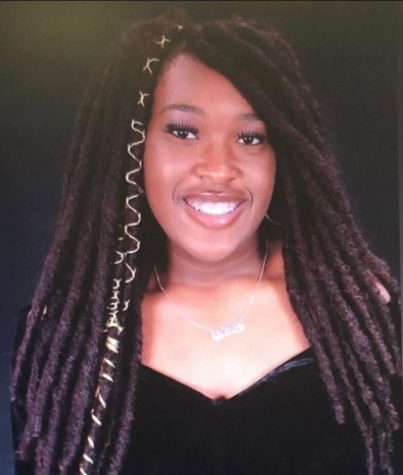Diverse faculty just as important as diverse student body
February 27, 2015
While reflecting on my years at Georgia Southern University as a student one day it hit me that I had only taken one class taught by a black professor. The fact that I have only encountered one throughout my college career as a student in their class shocked me, but actually sadly isn’t that improbable. According to colleges.niche.com, a website that gathers data about schools, only 6 percent of GSU’s faculty is made up of black professors. That is interesting considering nationwide, according to the national center for education statistics, in 2011 only 9% percent of all college and university professors were black.
But let’s look at what this means in reality for the average GSU student. Most students take about 15 hours each semester, which usually consists of about five three-hour courses. That adds up to 10 classes throughout an academic year, and if you graduate on time on this plan that means the average student has taken 40 (give or take a few) classes throughout their academic career and potentially only one of those could be taught by a black professor.
Our school has definitely made strides on our campus for students of all ethnic and racial backgrounds to feel welcome and encouraged by bringing diversity speakers, creating the Minority Advisement Program and encouraging students to become Diversity Peer Educators. Which is great for the 26.5 percent incoming 2014-2015 student body that are Black. But that is only part of bringing true diversity to our college campus. Students are in transit throughout GSU but faculty have the opportunity to stay longer and shape the schools community for the future.
Even though it can be hard to snag Black and other minority professors, because they make up a small percentage of the instructional degree graduates and can be offered better paid positions at bigger institutions, GSU needs to work harder to bring Black and minority professors to our campus. Professors from different backgrounds and with different life experiences only help to provide students with a more well rounded view of the world.
They also serve as positive role models/mentors for minority students, along with being an understanding and relatable authority figure to talk to about discrimination or other issues students may be concerned about. If GSU wants to truly be a diverse university they will work just as hard to bring black and minority professors to campus as they do with students not only for the sake of their reputation but for the quality of education they provide for their students.















